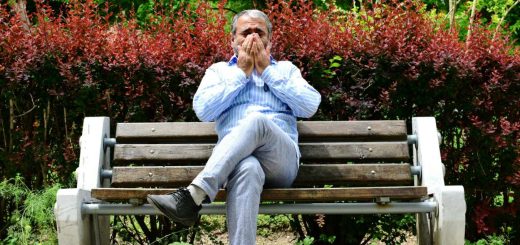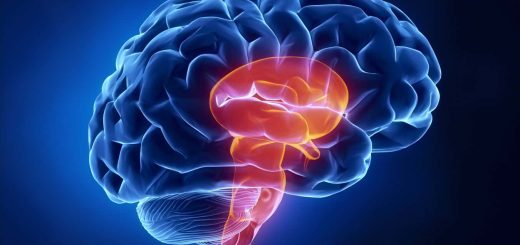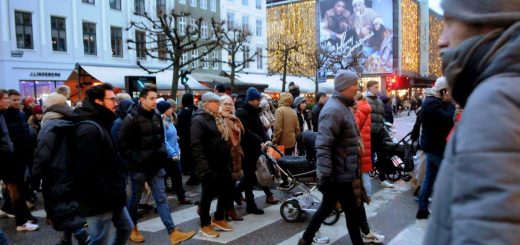Bronze Age hoards hint that market economies arose surprisingly early
An analysis of 20,000 metal objects from Bronze Age Europe suggests human economic behaviour may not have changed much over the past 3500 years
By Becky Ferreira
29 July 2024
A hoard of Bronze Age metal fragments from Weißig, Germany
J. Lipták/Landesamt für Archäologie Sachsen
Bronze Age Europeans earned and spent money in much the same way as we do today, indicating that the origins of the “market economy” are far more ancient than expected.
That is the controversial conclusion of new research that challenges the view that elites were the dominant force in Bronze Age economies, and proposes that human economic behaviour may not have changed much over the past 3500 years – and perhaps even longer.
Read more
The rise and fall of the mysterious culture that invented civilisation
Advertisement
“We often tend to romanticise European prehistory, but the Bronze Age was not a fantasy realm where townsfolk and peasants were merely the background for some great lord providing for their needs,” says Nicola Ialongo at Aarhus University in Denmark. “It was a very familiar world where people had families, friends, a social network, marketplaces and a job, and ultimately had to figure out how to make ends meet.”
Europeans of the Bronze Age, a period that spans 3300 to 800 BC, were not meticulous bookkeepers like people of some other ancient societies, such as Mesopotamia. But Ialongo and Giancarlo Lago at the University of Bologna, Italy, suggest that important revelations about their daily lives, and the roots of our own modern economic behaviour, can be found in the troves of metal fragments, known as hoards, that they left behind.
Lago and Ialongo analysed more than 20,000 metal objects from hoards buried in Italy, Switzerland, Austria, Slovenia and Germany during the Bronze Age. The pieces appear in many forms, but around 1500 BC, they start to become standardised by weight, a shift that many experts believe distinguishes them as a form of pre-coinage money.


